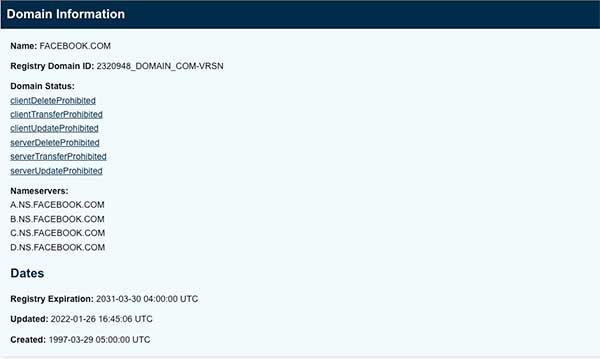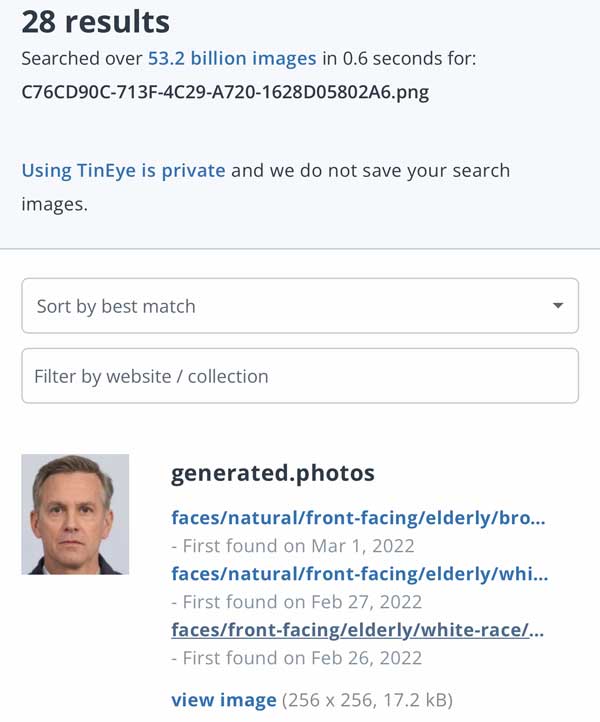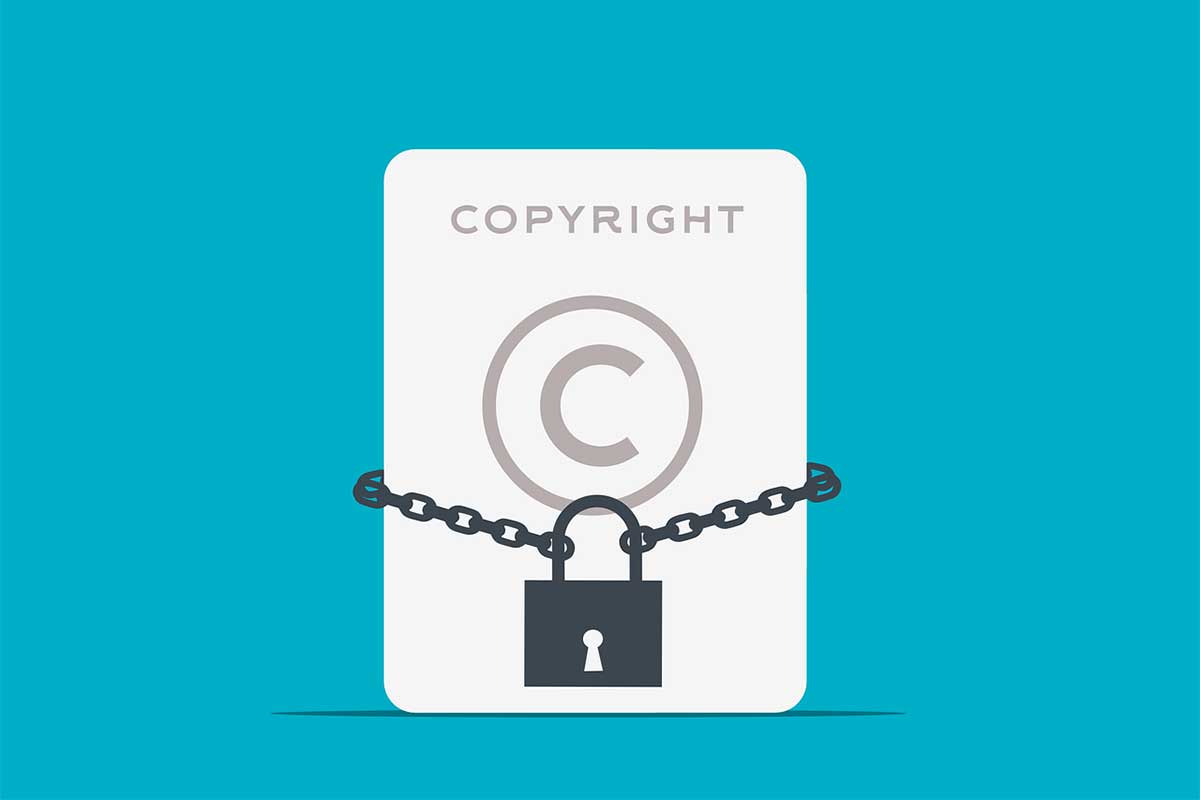Intellectual property and copyright lawyers are real. They are used by many website and blog owners all over the world. If you receive a notice from someone claiming to be one, then it shouldn’t be taken lightly. Especially if you are being accused of using a copyrighted image on a website you own, you can be sued.
Unfortunately though, this has become a breeding ground for backlink scammers. By this I mean shady companies or individuals posing as copyright attorneys who choose an image on your site, often at random, and demand a backlink in return for your using it on your site. I woke up to one such email this morning, prompting me to write this post.
At first read, the email seemed very legit. The sender almost went above and beyond to make it seem like he/she was a real lawyer working for a legitimate legal practice. However, if you dig around deep enough you can find the holes in their persona and realize that it’s all a farce. I must admit though, I had to research them for a solid 30 minutes before I was sure it was a link scam
I’m writing this post to hopefully help someone else on the receiving end of one of these shitty emails.
A few things the scammer will do to appear real
They’ll often do things that will make them seem legit. They will often trick the people who do some light investigating. If you delve deeper though, you’ll see right through them. Here are a few of those things.
- Use a real trademark attorney’s name that is searchable on the internet
- Create a real website for their law firm with all the standard pages a law firm would have
- Use wording in the email that is official sounding and even use what a real attorney would use
Tips that it’s a link building scam
1. They are asking for a link
Obviously, if they are merely asking for a link back to a “client” in the first place it’s a sign that somethings’s fishy. I wouldn’t say this is a surefire giveaway by any means, but it’s something to add to the list of things that don’t seem quite right.
2. The site they’re asking you to link to
They really have no choice but to drop a link to the site they want you to link to in the email, it’s the only way to get the link. There are sometimes clear, but often vague, instructions on how to provide proper credit. Check out the site for yourself and see if it seems legit based on the content it’s publishing alone.
Is it a site that’s targeting a bunch of silly long-tail keywords? If you have access to SEMRUSH or AHREFS, consider running the domain through one of those tools as well. Do the results back up the lawyer’s claims that it’s some type of “big brand” or large online magazine? Basically, is it a small-time niche blog or does it really look like a legit website that’s heavy with content and has the budget for a copyright attorney? Where are they getting their images? Inspect their site and ask yourself if it’s legit.
3. When the client’s domain was registered
If the client’s domain is somewhat new it could be a sign that it’s a brand new niche website trying to build authority by scamming people out of links. Run the domain through the ICANN Lookup tool and scroll down to the date created line.

4. When the law firm’s domain was registered
This is a big one in my opinion. If they were kind enough to include a link to their law firm’s website, do the same thing for this domain. If it was very recently created, then it’s another sign that’s it’s a big phony.
I did this a little while ago to the lawyer’s site who was threatening me and it came up as created just 2 months ago, even though the website claims they had been in business for over 12 years. There’s a gaping hole in your story, no lawyer in this day and age wouldn’t bother getting a website for that long. Sure, there are possible reasons why one wouldn’t, but it’s unlikely.
5. Check the image in question
Make sure that you had permission to use the image. If you are pretty damn sure it’s an image you had permission to use, then their claim is out the window. Say for instance, you took the picture or it was a purchased stock image where you have the license for it. They’ll often choose a random image on your site and just say it’s their client’s.
This is a number’s game and they are planning on most people not even answering their email. They’re fishing for people that get frightened and reply or just insert a link without question.
6. Find the lawyer’s image on the law firm’s website
This was the nail in the coffin for the email I got. He had already used a real trademark attorney’s name, so that a quick search would turn up a few legitimate results. There was a LinkedIn profile and a few other things that the actual lawyer had that made it seem real.
However, I next went to the about page of the law firm’s fake website and found my guy. He was on there along with a dozen other lawyers. I told you someone will often take the time to build out a full law firm’s website. Anyway, I read his bio and there were no clues so I decided to do a reverse image search on his profile pic. You can use a tool like tineye for reverse image searches.

His image returned quite a few results, all of which were from the site generated.photos where you can create AI generated people for use on the web. I’ve used similar sites myself. So basically, his profile picture was 100% fake! Caught!
7. Website and email text and grammar
I already caught the scammer at this point, so I didn’t go much further in my investigating. However, there are certainly other clues. The devil is in the details. I noticed that there was Lorem Ipsum text on the lawyer’s website for one.
The email also had some slightly strange wording, but I’ll admit it was pretty good as far as these emails go. I’ve seen some that were clearly written by someone who doesn’t speak English as their native language. If there are glaring misspellings that someone with a law degree would never make, that’s a huge clue.
Conclusion
Don’t email them back right away. It may be tempting to email them back immediately and agree to their every demand for fear of being sued, don’t fall for it. As stated above, there is a chance that it could be real, so don’t dismiss it entirely. It’s definitely worth your time to investigate the matter, at least for me. I like to be 99% sure that it’s fake before I send the email to my spam box.
The first time I got one of these emails I emailed back immediately complying with all demands, only to find out later that I had been scammed for a backlink. They’ll often give you 7 days days or more to comply with their demands. Take that time to follow some of the steps outlined above and do your own research on the sender of the email and the owner of the site you’re supposed to link to before you comply with anything. You’re likely going to discover that you’re the recipient of a backlink scam email.
If you want to be as safe as possible in the future, use only your own photos or stock photos from places like Shutterstock that provide a license for the use of an image. That way, if you get an email regarding an image you purchased, you can turn the matter over to their legal team and it’s no longer your problem.
